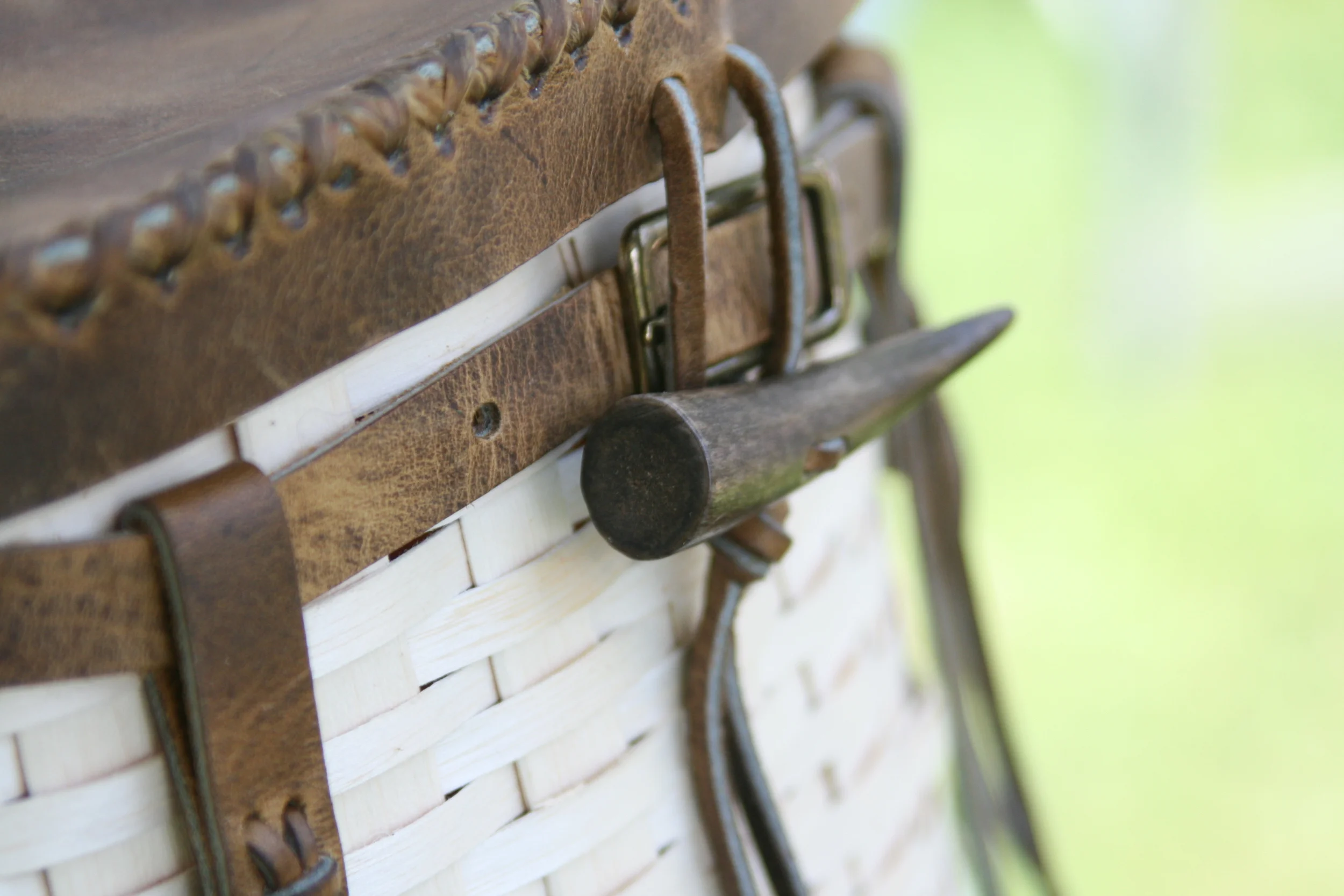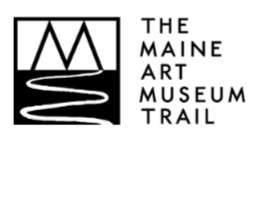Twisted Path III, Meet the Artists
/
As we approach the end of the year here at the Abbe, Curator of Collections, Julia Clark and Manager of Guest and Creative Services, Allison Shank are hard at work preparing to install our new feature exhibit, Twisted Path III, Questions of Balance. In our previous eNews we featured two of the ten artists participating in the exciting new exhibit. Here we introduce you to two more:
Will Wilson, Diné was born in San Francisco and moved permanently
to the Navajo Reservation at the age of 10. He attended the Bureau of Indian
Affair's Tuba City Boarding School from 1978 to 1983. He holds a bachelor's
degree in art history and studio art and a master's of fine art in photography.
Wilson has worked in a variety of media and has produced large-scale
multi-media installations that incorporate photography and sculpture,
monumental art pieces and intimate photo essays.
In addition to his profession as an artist and photographer,
he is also an arts educator and community organizer. Wilson has taught
sculpture at the Institute of American Indian Arts in Santa Fe, N.M., and he
served two years as a photojournalist in Central America for the Associated
Press. He currently resides in Tucson, Ariz., where he is the co-director of
the Barrio Anita Community Mural Project (BAMP), the largest public art
commission in Tucson's history. Wilson is also a Visiting Professor of
Photography at the University of Arizona in Tucson.
Most recently Wilson's work provides a glimpse into the
complex contemporary negotiation with a land we have become alienated from, our
dis-ease in understanding who we are, and possible paths for healing.
Wilson's work focuses on Navajo people and their
relationship to the land. "His works are poetic and gritty meditations on
the human condition and Wilson's relationship to Dinetah, Navajo land,"
notes Joe Baker, Lloyd Kiva New Curator of Fine Art at the Heard Museum.
One of Wilson's powerful photographs serves as the poster image for the exhibit, seen below:
 |
| Vera Longtoe with twined bag. Photo by Lina Longtoe. |
Vera Longtoe Sheehan is an indigenous Vermont
artist who has lectured and exhibited her work both nationally and
internationally. She preserves the tradition of her ancestors, the last known
Native American family in northern New England making twined, plant-fiber
creations. Her father taught her the proper ways to harvest and process plants
to make cordage, and then to use that cordage to make her distinctive twined
bags, baskets and textiles. Today Vera combines family tradition with knowledge
of Wabanaki culture to create her one-of-a-kind twined art that is both
contemporary and ancient at the same time. Each innovative handmade object
takes hours, days, weeks or even months of complex weaving and knotting to
complete. Vera is committed to teaching her two children to twine, so that this
endangered art form endures. For almost twenty years, Vera has combined her
indigenous Vermont heritage, her knowledge of regional history, and a passion
for artistic creation, in offering programs for schools and museums. Her twined
bags, baskets and textiles reside in museum and private collections and can be
seen in films and literature.







